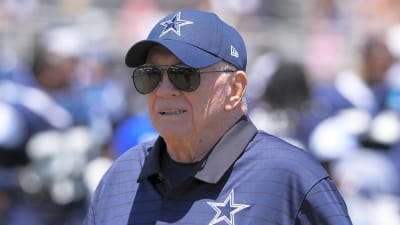
When the Vancouver Canucks traded Dakota Joshua to the Toronto Maple Leafs for a fourth-round pick in the 2028 NHL Draft, many fans were left scratching their heads. Joshua had just signed a four-year deal. He was gritty, reliable, and well-liked. The season before last, he had a career year. So why move on so quickly?
More Than Just Cap Space Was Involved in the Joshua Trade
The immediate answer is financial. The Canucks needed to get under the cap and create room for offseason maneuvering. By unloading Joshua’s $3.25 million contract without salary retention, Vancouver cleared meaningful space—not just for now, but for the next three seasons.
Joshua brought more than just size and physicality. He was a dependable part of Vancouver’s bottom six, a player who stood up for teammates and played a north-south game. Losing him weakens the team’s grit quotient and takes away a known quantity heading into a competitive Pacific Division season.
What The Canucks Might Gain From the Move
But the gamble here is clear: the Canucks believe in their internal depth. Younger players like Nils Åman, Aatu Räty, and Linus Karlsson could step into more regular NHL roles. They’re cheaper, potentially more versatile, and may offer a higher ceiling in the long run. This trade clears a path for that youth to emerge.
Here’s where it gets interesting. The Hockey Writers‘ Spencer Lazary connected Joshua’s trade with the retention of Quinn Hughes. While Joshua’s trade helps with short-term cap relief, it also plays into a larger conversation—how to keep Quinn Hughes in Vancouver for the long haul. Hughes has become the soul of this team. If management wants him to buy into the long-term plan, they must continue to prove its existence.
For the Canucks, Flexibility Is the Goal
This move shows that management isn’t frozen. They’re willing to make tough decisions—even unpopular ones—to create flexibility. That could mean a late-summer addition, a midseason pivot, or simply the ability to retain a key player next offseason. In a league where static teams get left behind, this kind of agility matters.
Trading Joshua isn’t without risk. If the bottom six lacks bite or leadership early in the season, his absence will be noticed. But if the move allows the Canucks to extend their core—particularly Hughes—then it’s a small sacrifice for a bigger payoff.
A Subtle But Strategic Shift
This wasn’t a flashy move by either team. But it was a signal: Vancouver is still building. And they’re building around Quinn Hughes. Every decision, even one as seemingly small as trading a third-line forward, can be a piece of that puzzle.
More must-reads:
- Penguins giving three-time Stanley Cup champion Marc-Andre Fleury a beautiful send-off
- Chiefs have surprising stance on Tyreek Hill trade
- The '50-home run MLB seasons' quiz
Breaking News
Trending News
Customize Your Newsletter
 +
+
Get the latest news and rumors, customized to your favorite sports and teams. Emailed daily. Always free!








